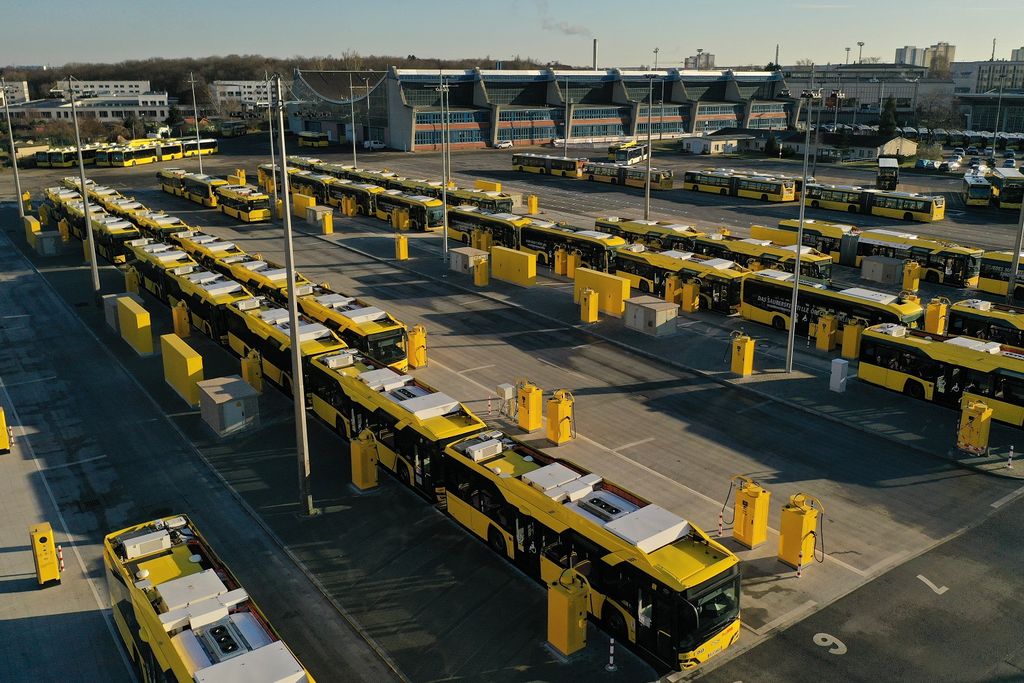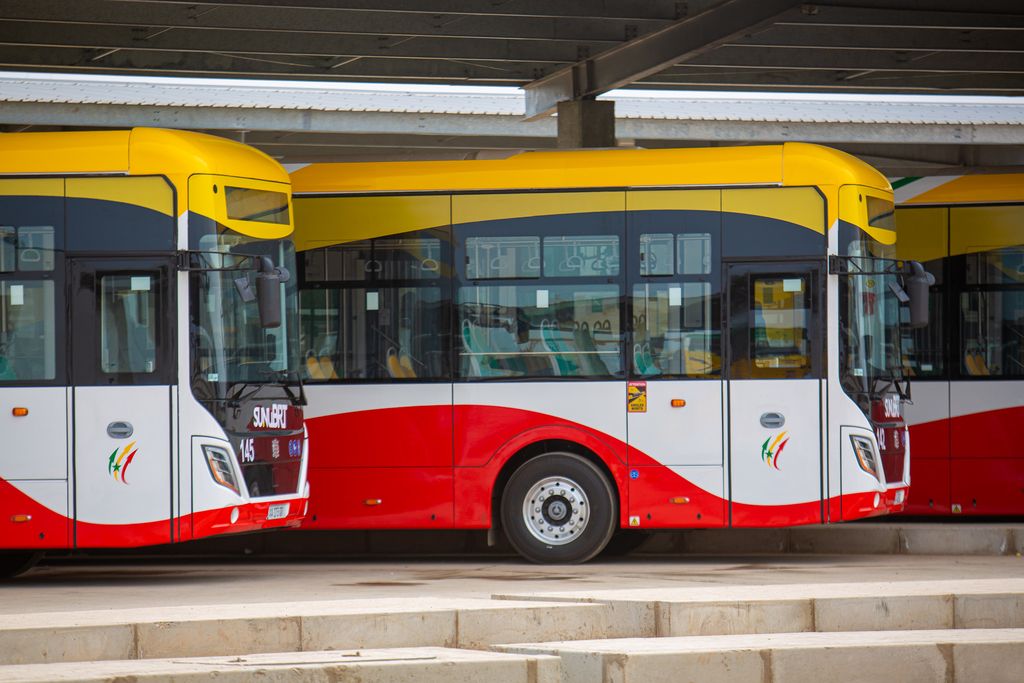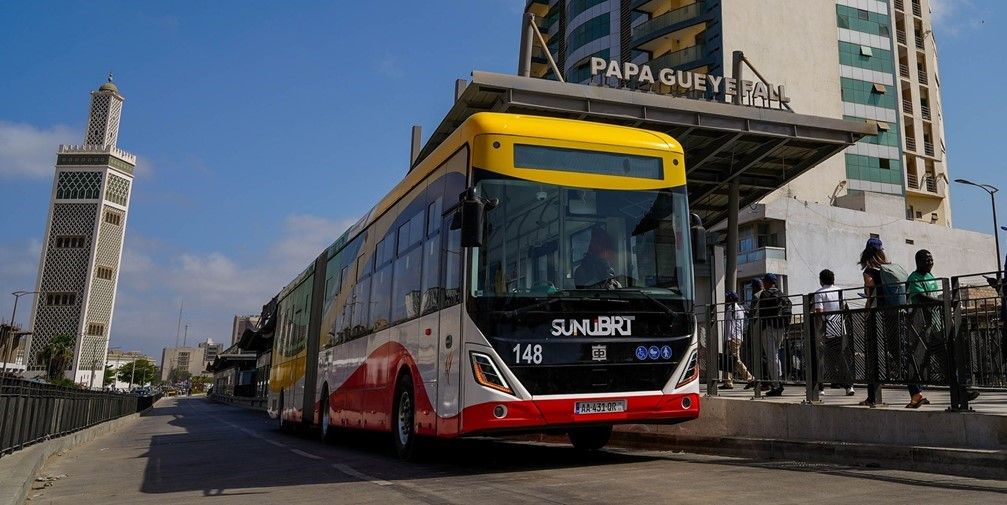
Finding the right switch to large-scale electric bus fleets: how to adapt IT-systems?
Especially in the bus sector, the ‘electric switch’ offers high potential for reducing carbon emission
Discussions on how we can change the future direction of our planet often quickly steer towards the topic of public transport: they often conclude with a plea to further advance electric mobility.
No one still needs convincing that the large-scale uptake of electric vehicles can help us to achieve sustainability goals…
Especially in the bus sector, the ‘electric switch’ offers a very high potential for reducing carbon emission.
Buses normally have operating cycles of 10 – 18 hours a day, have defined operating schedules (routes, topography, passenger volume and so forth) and undergo constant acceleration and braking at stops. This means that buses are ideal for the use of electric drives due to higher uses and fixed duty cycle, as it can help to replace private car trips, which are used for only 30 minutes daily and face constantly changing operating conditions.
What switch to push when electrifying bus fleets?
With the introduction of electric vehicles, public transport operators have to establish electric energy management. To do so, existing business processes must be reviewed and modified and – in some cases – new processes will need to be defined. As most steps of public transport planning and operation today are usually managed by IT systems, this also means that IT systems need to be adapted to the changing requirements.
To better support the sector, UITP has published the report ‘Large-scale bus electrification: new challenges for IT systems’, providing an overview of the requirements that energy management for electric vehicles impose on strategic and operational planning, depot management and operations control.
When it comes to planning electric buses, the number of variables to consider are greatly increased compared with a diesel fleet. This report wants to simplify the process of adapting IT-systems when electrifying a fleet – in the end encouraging our sector to take greener and more sustainable paths.
The report looks at the adaptation of IT-systems from various angles
Alongside an overview of relevant technologies on the vehicle and the infrastructure side, the report also discusses the effects on the IT systems for timetable, block and duty planning for vehicle and personnel dispatch, depot management, operations control (ITCS) and charge management in the depot and during line operation.
Furthermore, the report’s case studies offer practical examples for the implementation of IT systems for electric bus operation.
In short, the Report looks at the adaptation of IT-systems from various angles:
- Energy management, procurement and distribution
- System design and service planning
- Resource planning and depot and charge management
- Operations control
- Standards and interfaces

Discover new approaches to decarbonisation at the UITP North America Forum
The decarbonisation of urban transport is one of the key topics at the UITP North America Forum (27 – 29 September) in Jacksonville. The focus will be on electric buses and the connected necessary technology and parameters for successful deployment. More info here.
exclusive resources












